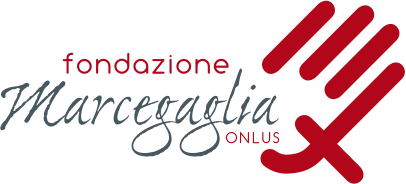The context
Fondazione Punto Missione operates in the Brescia West district, an area that, while having shifted from an agricultural vocation to a major European industrial hub, still shows significant gender disparities in the labor market. Despite an overall employment rate of 66.7%, only 17.9% of new hires involve women, highlighting structural barriers that hinder female inclusion.
Recent territorial analyses conducted by Social Services also highlight a growing phenomenon of labor exclusion, which particularly affects women in vulnerable situations, generating multiple forms of marginalisation and undermining both personal and family self-determination.
Since 2020, Atelier Bebrél, the social tailoring workshop run by Fondazione Punto Missione, has established itself as an important opportunity for the employment inclusion of women in vulnerable conditions. Its activities include subcontracted production, garment repair, and the sale of accessories made from donated textile scraps, surplus materials, and second-hand clothes. At the same time, the Atelier regularly organises both basic and advanced sewing courses, offering facilitated access to disadvantaged individuals who wish to acquire professional skills to support their entry into the labor market.
The project
In 2025, Atelier Bebrél aims to transform its creative line into a structured production process, integrating innovation, creativity, and social impact. The goal is to train its staff in advanced upcycling techniques, applicable both to in-house collections and to courses designed for women in vulnerable situations.
The project begins with a training programme for five team members and trainers at Atelier Bebrél — one fashion designer and four seamstresses — who are currently working in the workshop. Eighty percent come from socio-economic vulnerability, and fifty percent are still in training or apprenticeship, although under regular contracts. Training and supervision will be provided by Mending For Good, a leading organisation in the field of upcycling and a consultant for established brands and independent designers in Italy and across Europe.
In the second phase, the project will adopt a “cascade” training model: two of the five operators, enriched by the skills acquired during the specialist workshops, will lead structured programmes for a total of 15 women in socio-economic vulnerability (unemployed, under 35, survivors of violence).
Finally, the project foresees the activation of paid training internships at Atelier Bebrél, reserved for two participants who successfully complete the training programme. This phase represents a concrete step toward work autonomy, offering the selected beneficiaries the opportunity to experience in a real context all stages of sustainable production covered during the course.

